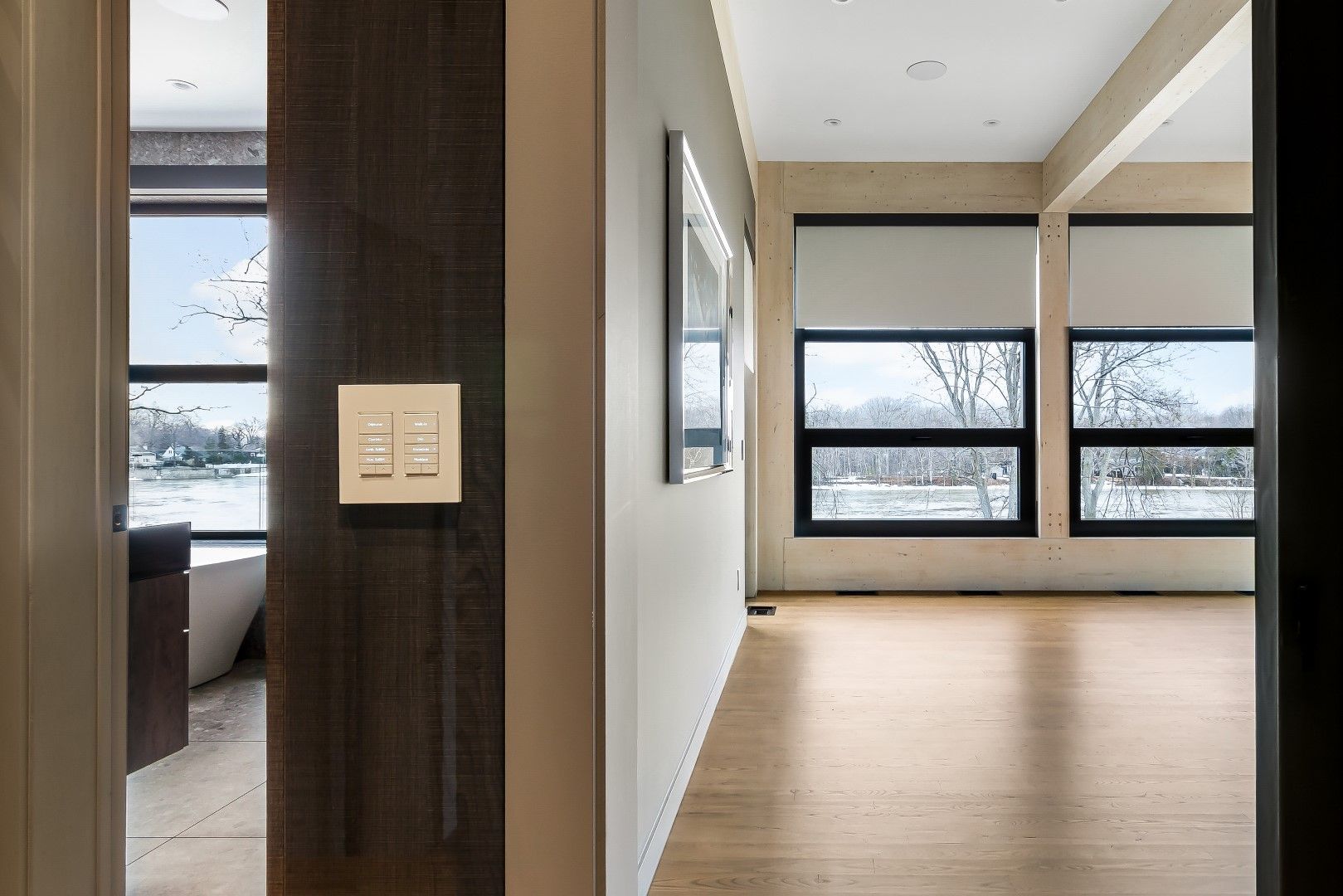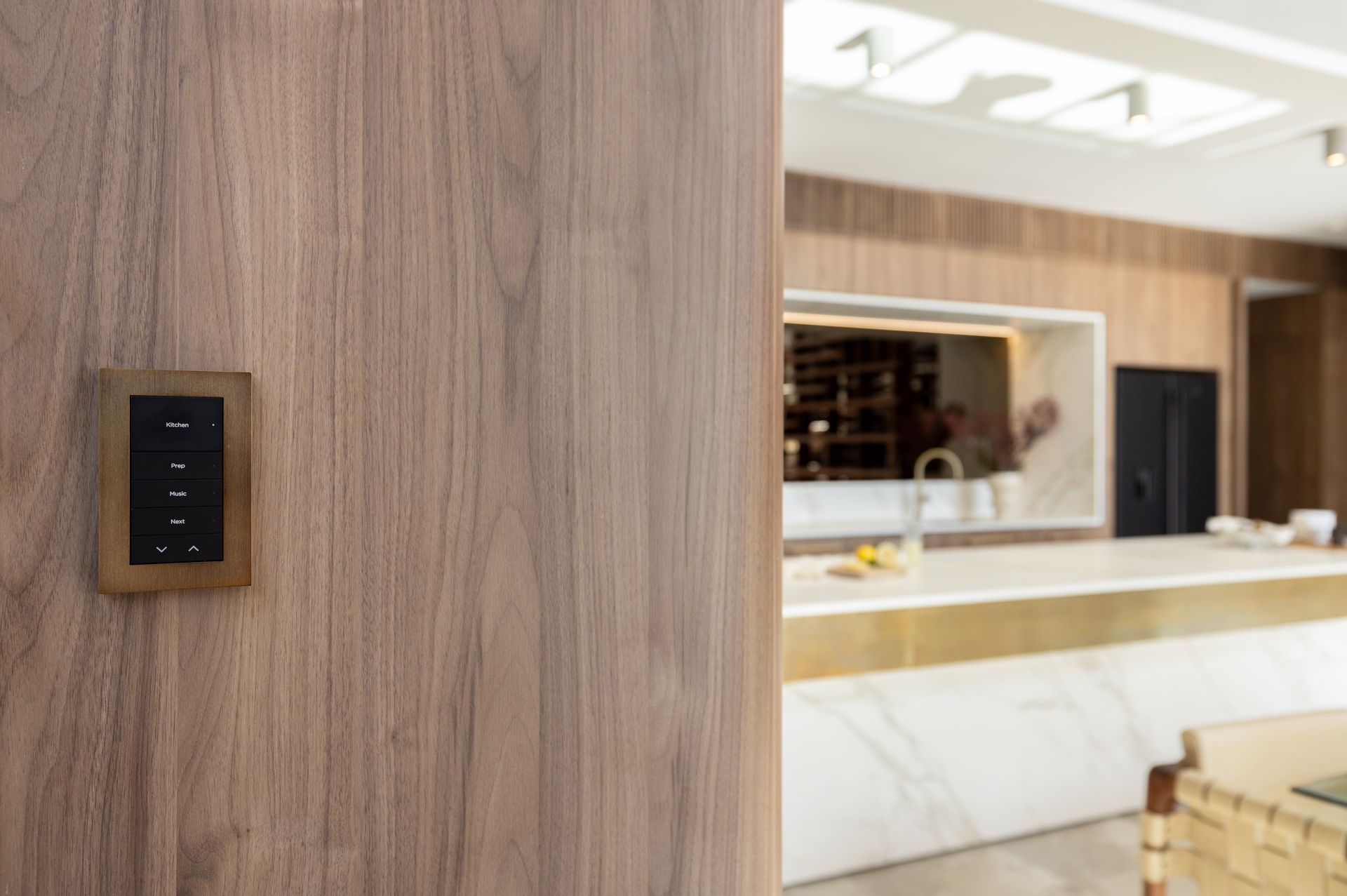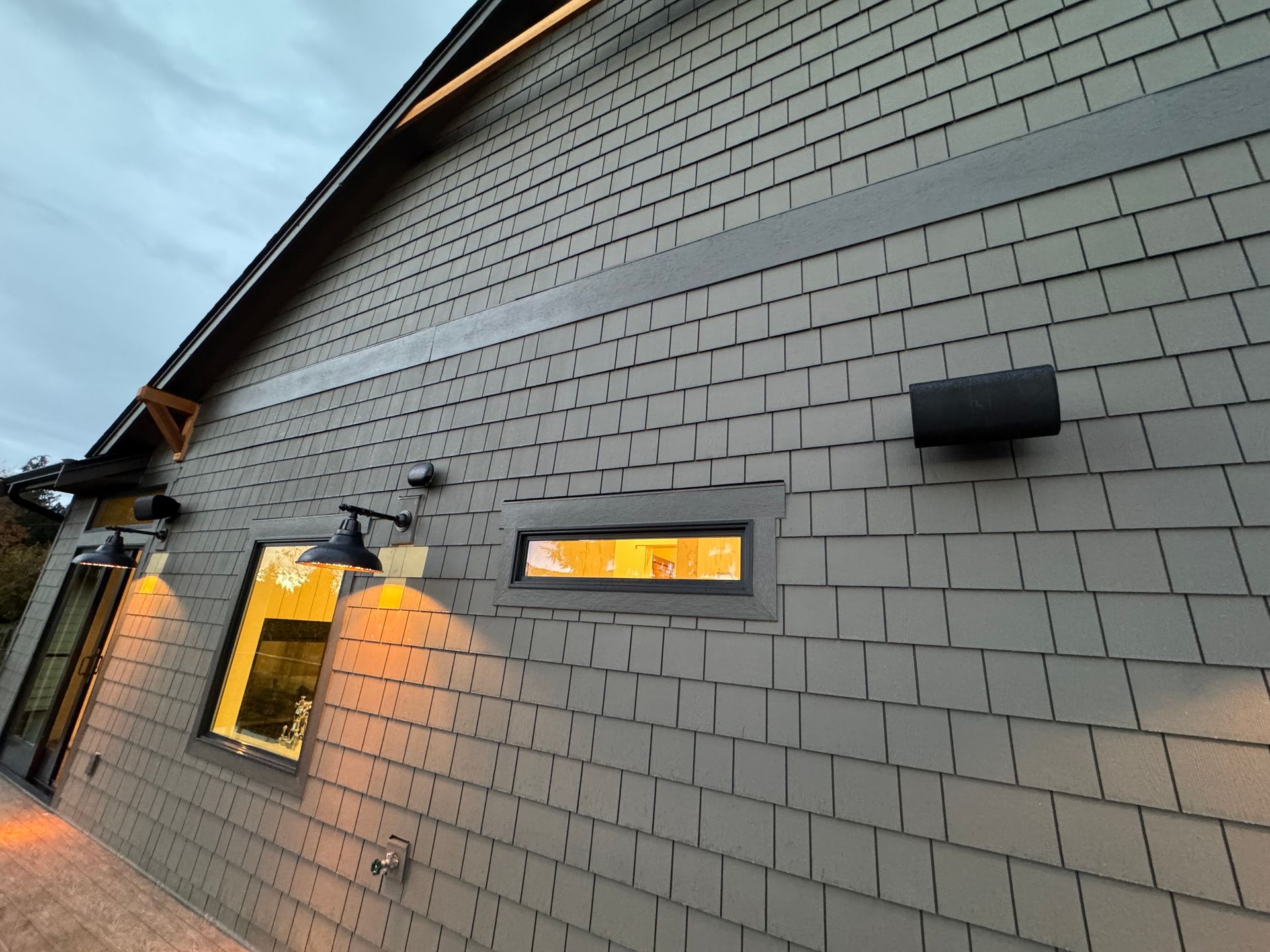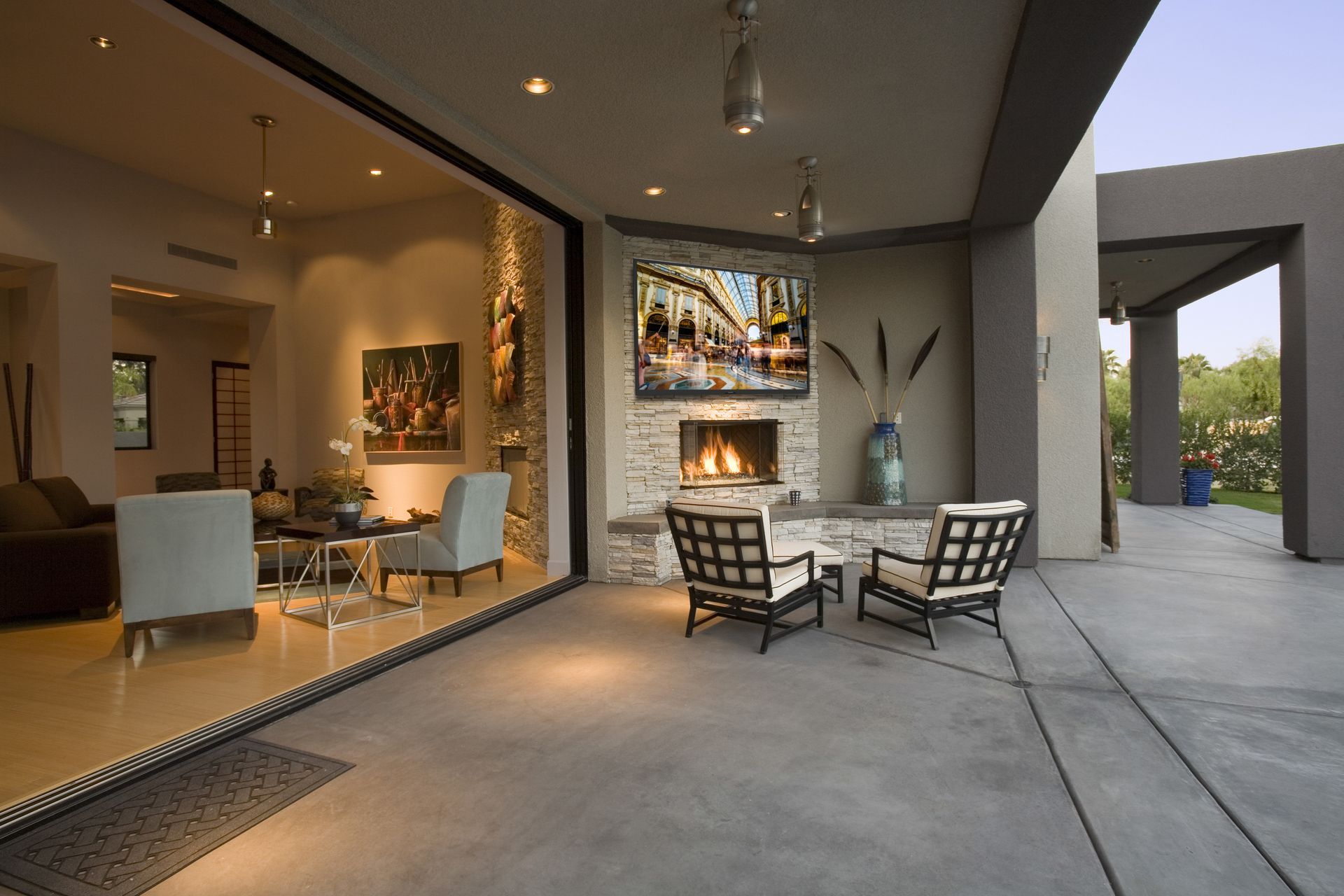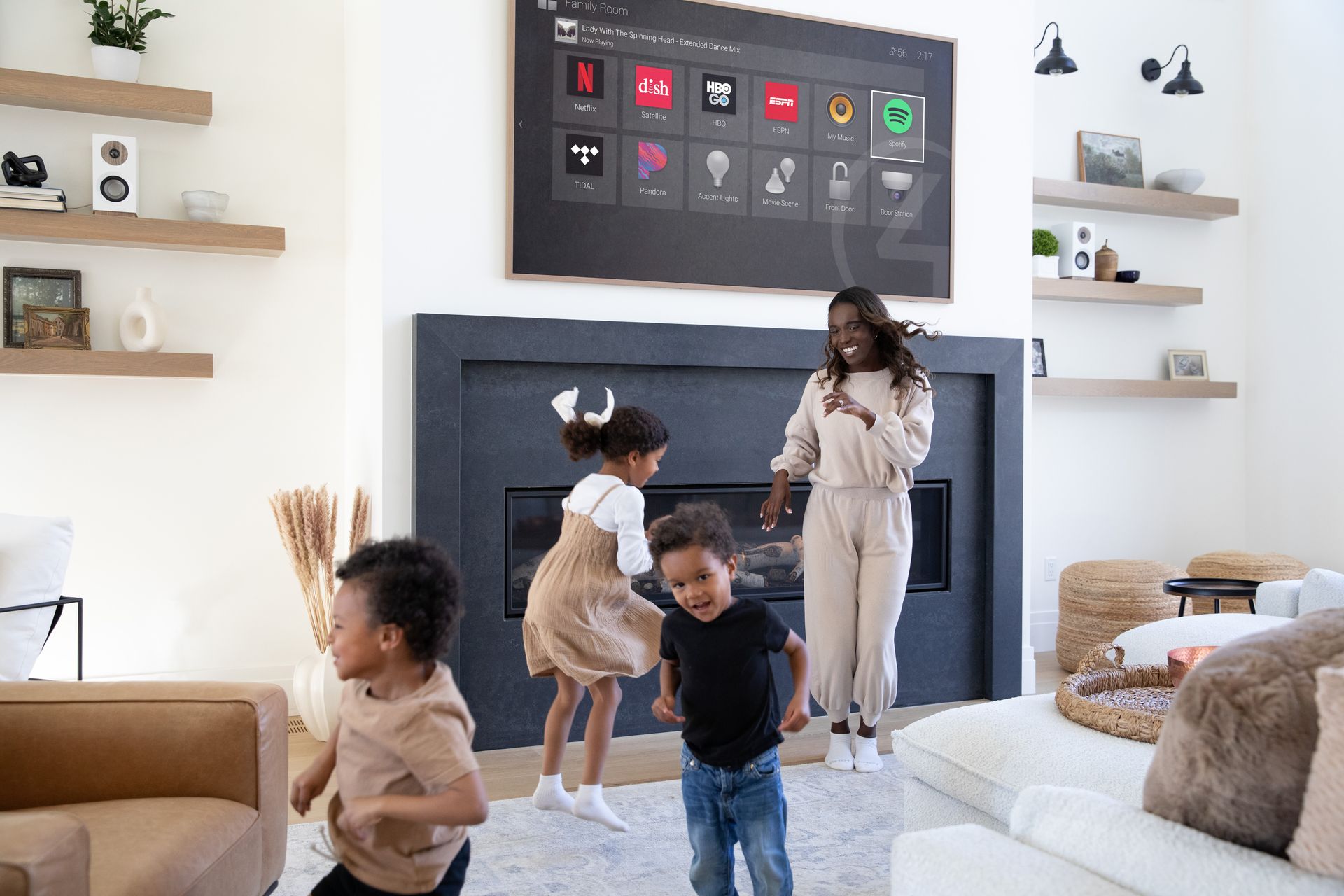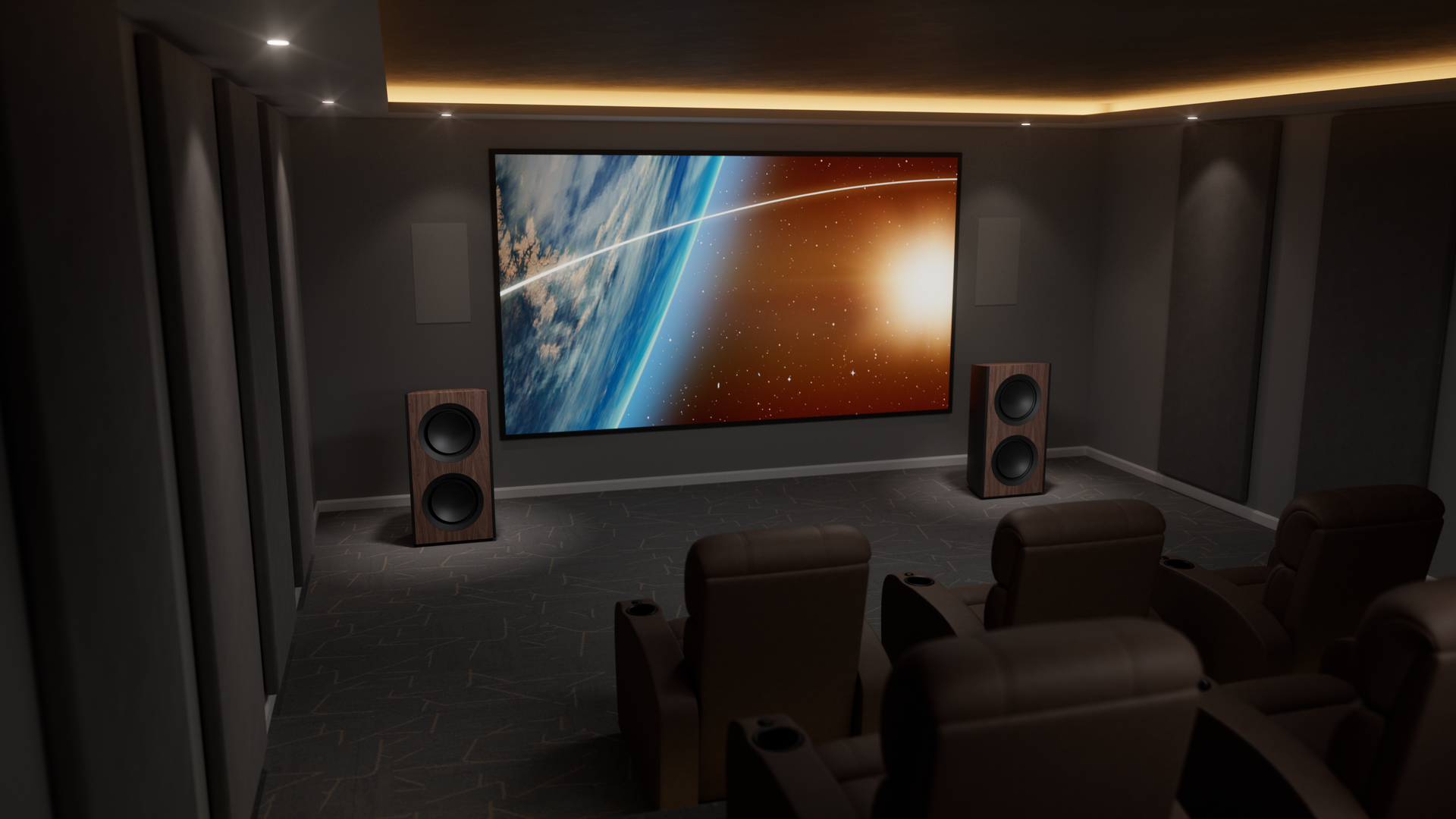How Disabled Users Benefit from Smart Solutions
Smart home solutions have allowed homeowners to control their homes in totally new ways that were impossible even 20 years ago. This technology can meet the needs and desires of any user but has been especially empowering to disabled homeowners, a demographic that is not usually the focus of user experiences. Smart home solutions have the power to grant comfort, independence, and safety to disabled users across the nation, and our team at Rivas TechGroup is proud to offer customized solutions for homeowners with a wide range of disabilities.
1) A New Level of Independence
Caretakers for disabled family members may have the feeling that an independent lifestyle is an impossible dream, but smart home solutions have granted autonomy to many people. Those who may require external help for visual or auditory impairment, physical immobility, or chronic illnesses find self-sufficiency through a variety of smart home devices. Users can control every function of their home, whether a wheelchair user chooses to use an app on a mobile device to turn on the lights, or a blind homeowner uses voice command assistants to change the temperature. Certain apps and devices can be integrated into your smart home system for users who want to track their physical and medical data.
Users who have limited mobility or visual impairments prefer operating their homes in a hands-off way, and voice command is an ideal option for straightforward control. In these instances, the voice assistant is the command center of the home and is linked to smart devices via Bluetooth for rapid setup and management. Users with mental disabilities who may struggle with confusing screens find that they can call their family, check the weather, close the shades, or even watch TV with a quick spoken request to grant plenty of independence without needing a family member physically nearby.
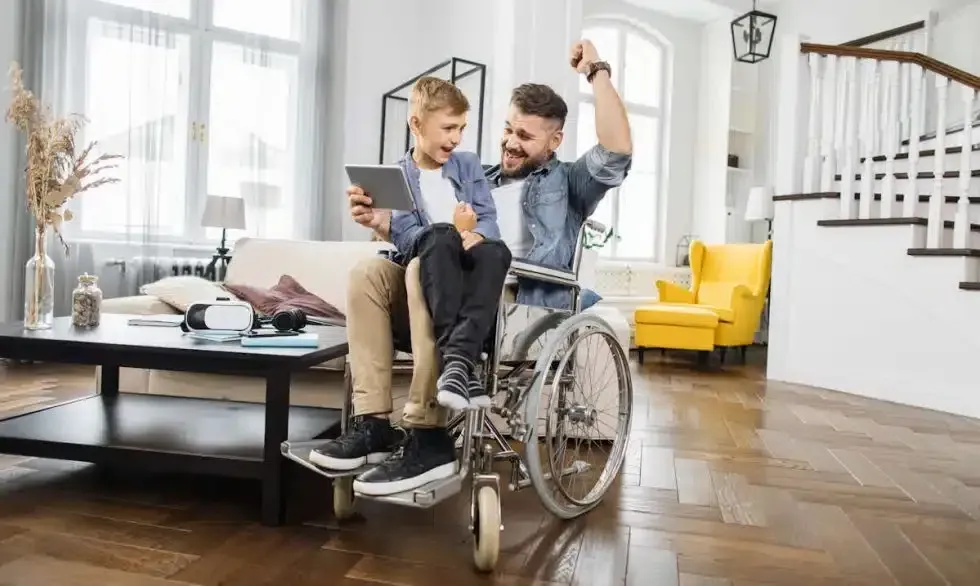
2) Balanced Temperature for Sensitive Bodies
By connecting your smart devices to a home’s energy systems, you can optimize energy use while aiding disabled residents with bodies sensitive to acute temperature changes. Homeowners or residents with cerebral palsy, for example, often have a lower core body temperature and would benefit from a system that maintains a consistently warm home while the user is present and saves energy while they are away. Wheelchair users or nonverbal residents will find it easy to adjust the lights and the thermostat from an app on their phone without needing to request a family member operate a hard-to-reach control panel.
Motorized shades also contribute to a well-insulated home and are easy to operate without a frustrating cord. A simple voice command or tap of a button can open and close them at any time of day to trap heat or welcome the light. Pre-timed sensors also allow homeowners to move throughout their day without even needing to think about their shades’ position. Once night falls, motion-sensor lights can illuminate hallways to help physically or visually impaired homeowners to navigate the home without the risk of a fall or painful collision with furniture. It’s still possible to disable these lights within particular timeframes or at night with a voice command if a resident who is easily overstimulated wants to enjoy the calm darkness. The freedom lies in the solutions that are easily customized to the needs of every user.
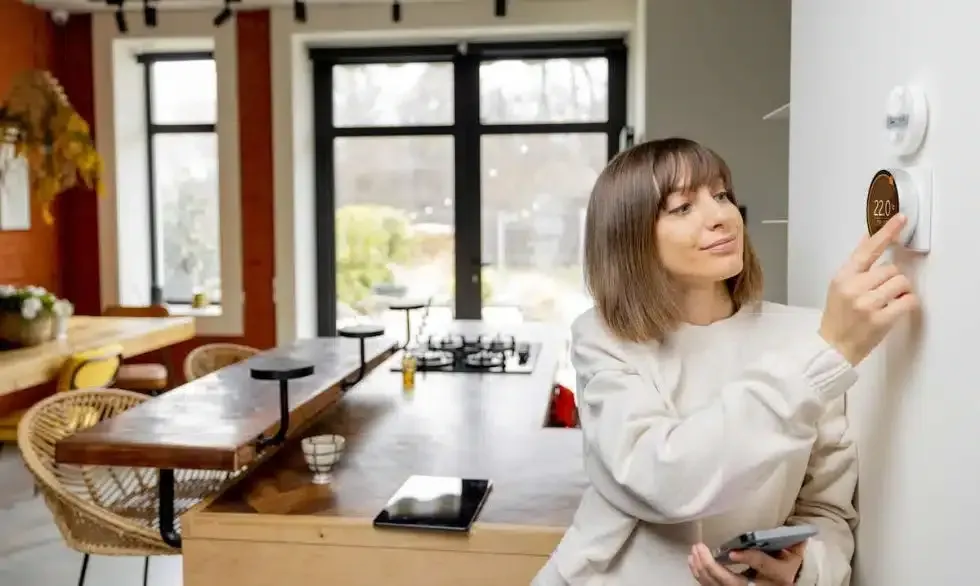
3) 24-Hour Peace of Mind
No matter the ability or disability, safety and security are common concerns of homeowners everywhere. Smart home security solutions offer peace of mind to disabled residents and their family members or caretakers through smart locks, doorbells, or CCTV systems. Auditory or visually impaired homeowners benefit from smart doors equipped with bright blinking lights or audio cues, respectively, that alert of someone entering the home. Users can grant access to a small circle of people with individual codes to a smart lock to monitor people entering and exiting the home, so a family member can see when a caretaker stops by. Users can even lock doors and see who’s at the front door or within the home with the help of a CCTV camera connected to a paired app on your phone, so caretakers can maintain a watchful eye without being intrusive. This grants disabled residents even more independence to welcome visitors whenever they please, with the ability to unlock their door with a voice command or a phone app, even for those with physical immobility.
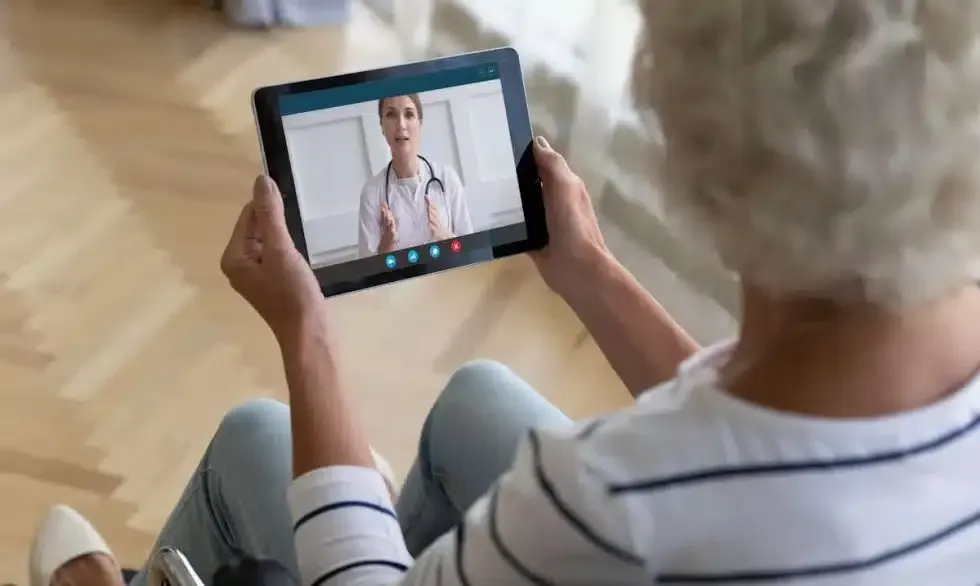
4) Empowered Users
More companies are creating solutions for users of a wide range of abilities within the smart home realm. Rivas TechGroup is proud to design and install a myriad of smart home solutions offering security, comfort, and independence to all our clients. Whether you would like to learn more about voice command assistants or you’d like to install smart locks on your home, contact us today to begin!
